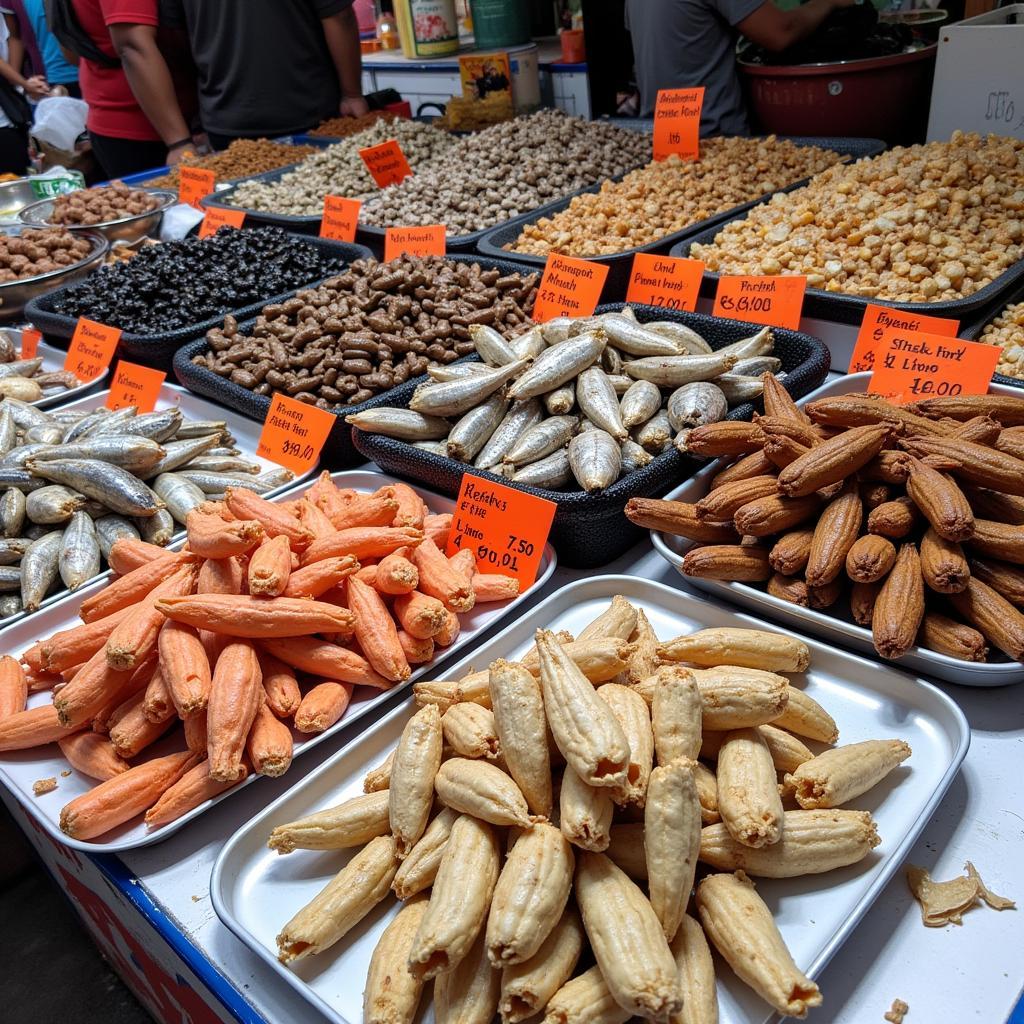Understanding the South African COVID-19 Variant
The South African COVID-19 variant emerged as a significant concern during the global pandemic. This article delves into the details of this variant, exploring its origins, characteristics, and impact on public health. We will examine the scientific findings and discuss the implications for global efforts in combating the virus.
What is the South African COVID-19 Variant?
The South African variant, scientifically known as Beta (B.1.351), was first detected in South Africa in late 2020. It quickly gained attention due to its mutations, particularly in the spike protein, which is the part of the virus that allows it to attach to and enter human cells. These mutations raised concerns about increased transmissibility and potential resistance to existing vaccines and treatments. The variant’s emergence underscored the dynamic nature of the virus and the ongoing need for vigilance in monitoring its evolution.
The identification of the South African variant spurred a global response, with researchers working tirelessly to understand its characteristics and potential impact. Public health officials implemented measures to track and contain the spread of the variant, while pharmaceutical companies assessed the efficacy of their vaccines against the new strain.
How Did the South African Variant Emerge?
Like other variants, the South African COVID-19 variant arose through mutations in the virus’s genetic code. These mutations occur naturally as the virus replicates. Some mutations give the virus a selective advantage, such as increased transmissibility or the ability to evade the immune system. When these advantageous mutations occur, the variant is more likely to spread.
Scientists believe that the South African variant may have emerged in individuals with weakened immune systems who had prolonged infections, providing the virus with ample opportunity to mutate. Understanding the factors that contribute to the emergence of new variants is crucial for developing strategies to prevent their spread.
The emergence of COVID African variant highlighted the importance of genomic surveillance, which involves sequencing the virus’s genome to track its evolution and identify new variants.
Impact on Public Health
The South African COVID-19 variant presented significant challenges for public health. Early studies suggested that the variant was more transmissible than earlier strains, potentially leading to faster spread of the virus. There were also concerns that existing vaccines might be less effective against the South African new covid variant.
“The South African variant demonstrated the need for adaptability in our public health responses,” explains Dr. Sarah Jones, an infectious disease specialist. “We had to adjust our strategies for testing, contact tracing, and vaccination to effectively address the new challenges posed by this variant.”
The discovery of the African variant COVID prompted research into updated vaccines and treatments. Pharmaceutical companies quickly began developing booster shots and modified vaccines to target the specific mutations found in the South African variant and other variants of concern.
Conclusion
The South African COVID-19 variant served as a reminder of the ongoing evolution of the virus. The emergence of this variant underscored the importance of global cooperation, scientific research, and public health measures in combating the pandemic. Continued vigilance in monitoring the virus and adapting our strategies is crucial to protect public health and mitigate the impact of future variants.
FAQs
- What are the symptoms of the South African COVID-19 variant? The symptoms are similar to other variants, including fever, cough, shortness of breath, and loss of taste or smell.
- Are vaccines effective against the South African variant? While some vaccines showed reduced efficacy against the South African variant, they still provided significant protection against severe illness and hospitalization.
- How can I protect myself from the South African variant? Following public health guidelines, such as wearing masks, social distancing, and getting vaccinated, remains crucial for protection.
- Where was the South African variant first detected? The variant was first identified in South Africa in late 2020.
- Is the South African variant more deadly? While there is no conclusive evidence that the South African variant is inherently more deadly, its increased transmissibility could lead to more infections and potentially more severe cases.
- How is the South African variant different from other variants? The South African variant has specific mutations in its spike protein that distinguish it from other variants and may contribute to its characteristics.
- What is being done to address the South African variant? Scientists are constantly monitoring the virus’s evolution, developing new vaccines and treatments, and implementing public health measures to address the variant and its potential impact.
More Resources on African Life
- Explore more about the impact of COVID-19 on African communities.
- Learn about other health challenges facing the African continent.
- Discover the rich culture and diversity of South Africa.
For assistance, contact us:
Phone: +255768904061
Email: [email protected]
Address: Mbarali DC Mawindi, Kangaga, Tanzania. We have a 24/7 customer service team.


